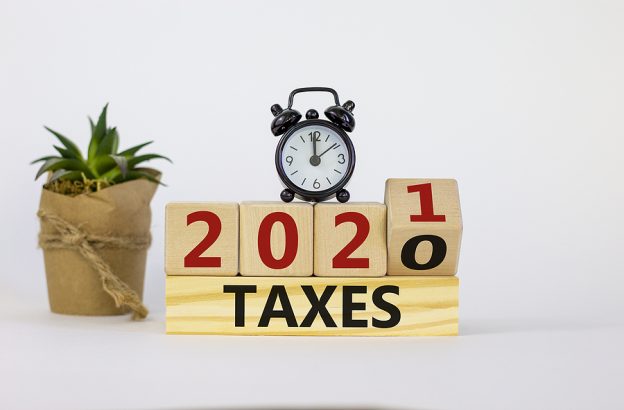
This is the time of year when HMRC write to taxpayers to give you your new tax code – if you need one. These letters are called a P2 Notice, or Notice of Coding, and only arrive in the mail. You need to do more than just file this letter, to make sure you’re paying the right amount of income tax.
Why does my tax code change?
Your tax code usually changes at the start of each new financial year because the government changes the Personal Allowance amount. The numbers in your tax code relate to this Personal Allowance amount.
For the last two years, this has been set at £12,500. This means you can earn up to £12,500 before you owe any income tax. Under normal circumstances, the figures for the upcoming tax year are included in the Autumn Budget. This year, some information was included in the Chancellor’s financial statement and confirmation is expected in March.
If no other government decision takes precedence, the tax free Personal Allowance amount goes up in line with the September Consumer Price Index (CPI), currently 0.5%. This means that for the 2021-21 tax year, the Personal Allowance will be £12,570. An increase of £70 per person.
When does this new rate start?
The new financial year starts on 6th April 2021 and ends on 5th April 2022. The new Personal Allowance rate starts on 6th April 2021.
What do I need to do with this information?
You need to check your tax code to make sure its correct. Just because it’s issued by HMRC doesn’t mean that its accurate. They sometimes make mistakes too, usually because taxpayers forget to tell them relevant information.
Even though HMRC are the administrative body and collector of taxes, the responsibility for making sure you’re paying the right amount of tax is on you. Individuals must check that they are fulfilling their tax liabilities. But you must also make sure that you’re not paying too much tax.
Read our free tax code guide to make sure that you understand the different sections of your tax code.
What happens if I’ve got the wrong tax code?
Essentially, if you’re tax code’s wrong, you’re not paying the right amount of tax. This can mean that you’re paying too much tax, in which case you can apply for a rebate. But it can also mean that you’re not paying enough and you’ll have to pay it back to HMRC.
Everybody wants to avoid that worst case scenario.
If it turns out your tax code’s wrong, the quicker you let HMRC know the better. They’ll issue you a correct code and help you sort out any outstanding payments, if you owe them.
There are all sorts of reasons why your tax code might be wrong, other than just human error. For example, if you’ve changed jobs, have more than one job, or have new company benefits and your employer has not told HMRC. If they don’t know, they can’t take it into account when calculating your tax code.
All HMRC want to do is make sure that people are paying the correct amount of tax. So they’re main concern is to fix tax code errors and balance their books.







